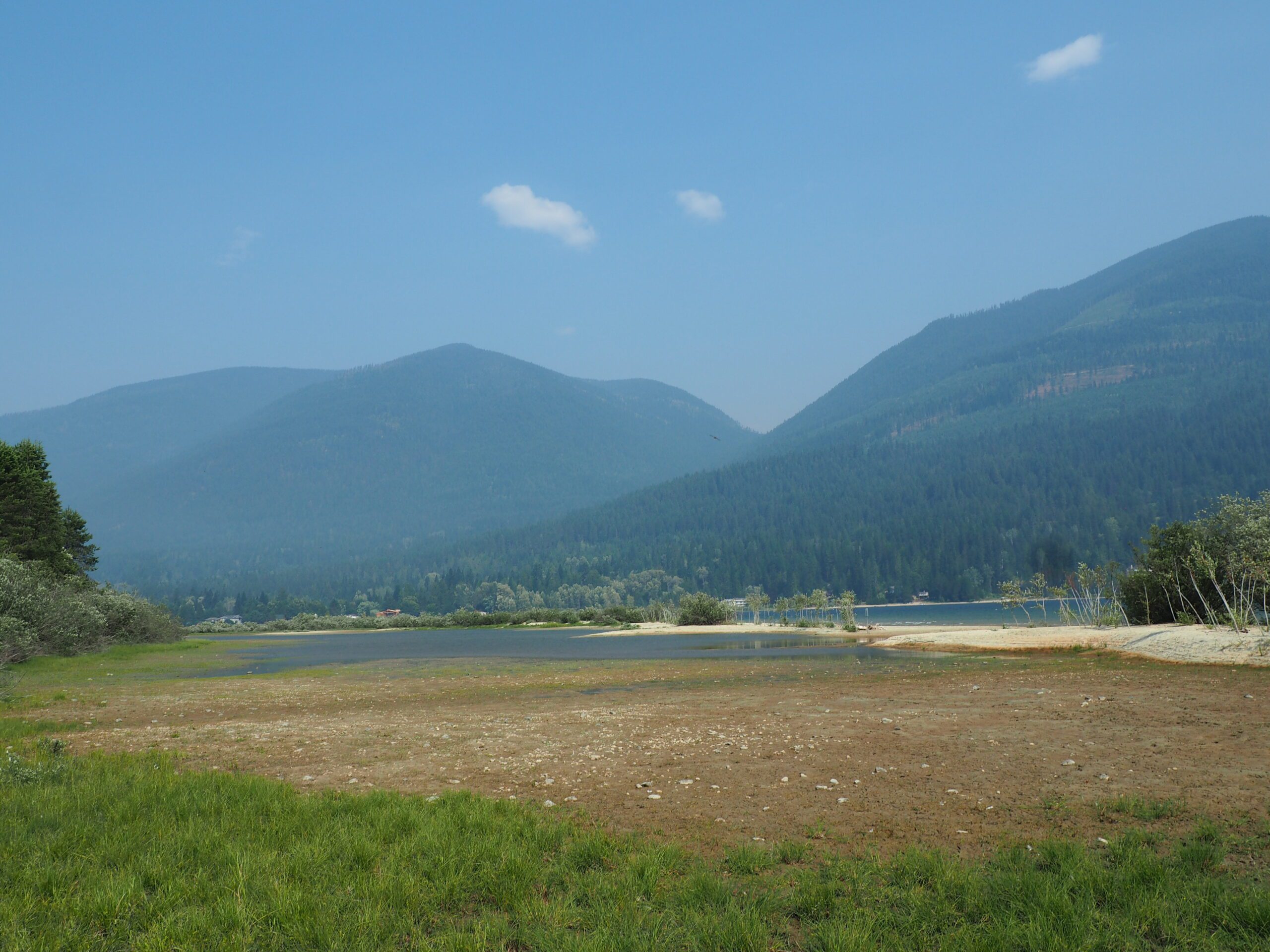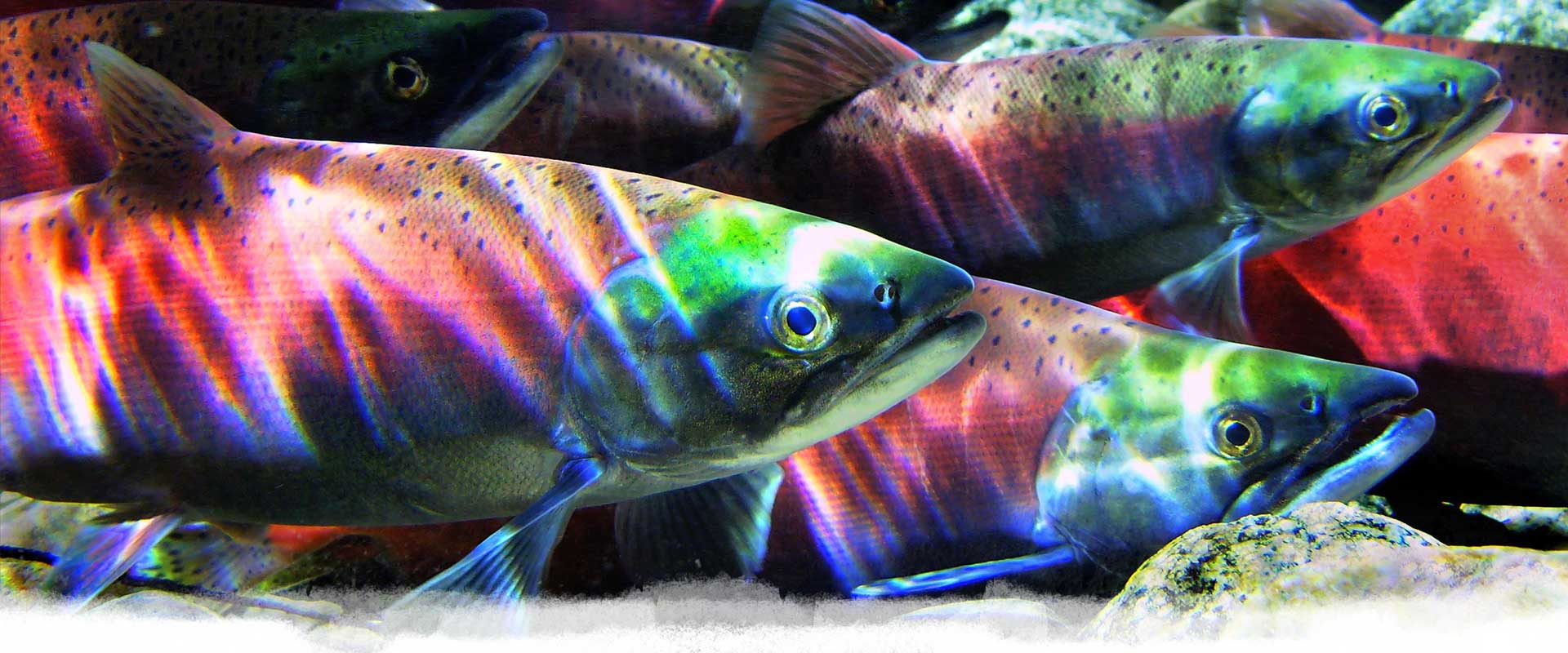
28 Mar Envirotec Magazine: Coastal wetlands capture more carbon as seas rise
New research shows tidal marshes could help reduce the impact of climate change
In this article by Envirotec Magazine, they outline how coastal wetlands, referred to as “blue carbon ecosystems”, capture and store more CO2 per area than any other natural system. This is because they generate biomass at a high rate, and the saline, oxygen-depleted soils in which they grow, are ideal for the burial and long-term storage of organic carbon.
“As sea levels rise, coastal wetlands could play a key role in mitigating the effects of greenhouse gas emissions by capturing and storing large volumes of atmospheric carbon dioxide (CO2)…..”
Click here to read the full article
FOKLSS Wetland Restoration Projects…
Harrop Wetland: The photo above is one of the Harrop Wetland which was installed in Sunshine Bay Regional Park on the East shore of Kootenay Lake in 2014. This project was part of FOKLSS shoreline restoration initiative to improve the ecosystem function of shorelines around the lake. Today Harrop wetland is a treasured spot where many locals like to go walking and bird watching. By planting native riparian plant species we have improved habitat for wetland fauna such as western toad and blue heron, as well as improving shoreline stability and water quality.
Duck Bay Wetland: This year (2019) we will be continuing our Duck Bay Wetland Restoration Project that was started in the fall of 2018 at Lakeside Park in Nelson. This year we are continuing to grow this project by planting more native species and expanding an existing wetland to improve water quality and increase habitat at this popular bird watching spot. With the help of local restoration experts from the Slocan River Streamkeepers and the support of the City of Nelson, this site will not only improve the ecosystem function of Duck Bay but become a treasured spot for locals to come and enjoy the natural beauty of our shoreline.
Thank you to our funders: Fortis BC, Fish and Wildlife Compensation Program (FWCP) and Columbia Power Corp
Follow the links to learn more about Harrop Wetland and Duck Bay Wetland Restoration Project
![]()



